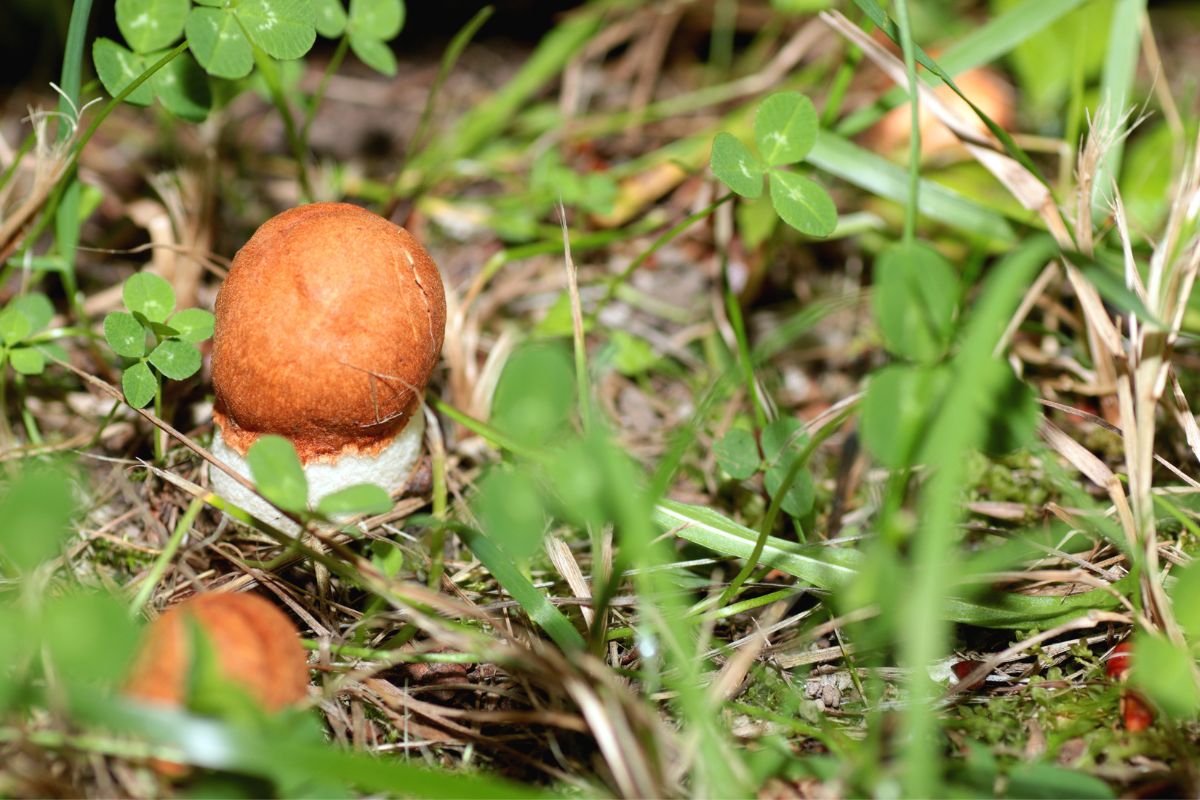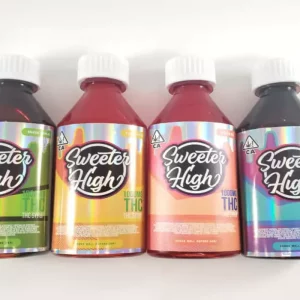Mushrooms have captivated human imagination for centuries, appearing in folklore, mythology, and even in modern culinary and medicinal practices. As the fruiting bodies of fungi, mushrooms represent just a small, visible part of a much larger and complex organism. In this article, we delve into the mystical world of mushrooms, exploring their ecological roles, cultural significance, and potential benefits.
The Hidden Network: Mycelium
Mushrooms are the fruiting bodies of a vast and hidden network known as mycelium. This network consists of thread-like structures called hyphae, which spread underground or within decaying organic matter, forming an intricate web. Mycelium plays a crucial role in decomposing organic material, nutrient cycling, and forming symbiotic relationships with plants.
Expert Insight
Merlin Sheldrake, Mycologist & Author:
“Mushrooms are the fruiting bodies of a vast and hidden network – the mycelium. This network plays a crucial role in decomposing organic matter, nutrient cycling, and forming symbiotic relationships with plants.”
[Look for Merlin Sheldrake’s book “Entangled Life” or interviews on fungal networks.]
The Ecological Importance of Fungi
Fungi are essential decomposers in ecosystems, breaking down dead organic matter and returning nutrients to the soil. This process is vital for plant growth and maintaining healthy ecosystems. Additionally, mycorrhizal fungi form mutualistic relationships with plant roots, enhancing water and nutrient uptake for plants in exchange for sugars produced through photosynthesis.
Symbiotic Relationships
The relationship between fungi and plants, particularly through mycorrhizal associations, is a fascinating example of symbiosis. These fungi colonize plant roots, extending their hyphae into the soil and increasing the surface area for water and nutrient absorption. This partnership not only benefits the plants but also helps stabilize soil and prevent erosion.
Personal Anecdote:
Growing up, I often marveled at the mushrooms sprouting in our garden after a rainstorm. Little did I know that these fungi were silently working with the plants to keep our garden healthy and thriving.
Expert Insight
Paul Stamets, Mycologist & Author:
“The world of fungi holds immense potential for bioremediation, medicine, and even sustainable materials. Mushrooms offer a fascinating glimpse into the power and diversity of this often-overlooked kingdom.”
[Search for Paul Stamets’ work on fungal applications or his book “Fantastic Fungi.”]
Cultural Significance of Mushrooms
Mushrooms have a rich cultural history, featuring prominently in folklore, mythology, and religious practices. In many cultures, mushrooms are seen as symbols of mystery and transformation due to their rapid growth and ephemeral nature.
Folklore and Mythology
In European folklore, mushrooms are often associated with fairies and magical creatures. Fairy rings, circular patterns of mushrooms, were believed to be the result of fairies dancing in the night. In contrast, some Asian cultures regard certain mushrooms, like the Reishi mushroom, as symbols of longevity and spiritual potency.
Expert Insight
Eugenia Kuo, Mycologist & Author:
“Mushrooms have captivated human imagination for centuries, featuring in folklore, mythology, and religious practices. The beauty and diversity of fungi inspire wonder and a deeper appreciation for the natural world.”
[Search for Eugenia Kuo’s field guides to mushrooms or her work on the cultural significance of fungi.]
Medicinal and Culinary Uses
Beyond their ecological and cultural significance, mushrooms have long been valued for their medicinal and culinary properties. Various species of mushrooms are known for their unique flavors, nutritional benefits, and potential health-promoting compounds.
Medicinal Mushrooms
Certain mushrooms, such as Shiitake, Reishi, and Lion’s Mane, are prized for their medicinal properties. They contain bioactive compounds that may offer anti-inflammatory, antioxidant, and immune-boosting benefits. Research is ongoing to fully understand the therapeutic potential of these fungi.
Expert Insight
Dr. Patricia Wexler, Dermatologist:
“While some early studies suggest CBD oil may have anti-inflammatory and antioxidant properties that could benefit the skin, more research is needed. Look for products from reputable brands with published research on their specific formulas.”
[Look for interviews with Dr. Wexler on CBD in skincare and the importance of clinical trials.]
Culinary Delights
Mushrooms are a staple in many culinary traditions around the world. From the earthy flavors of wild mushrooms to the delicate textures of cultivated varieties, mushrooms add depth and richness to dishes. They are also a valuable source of protein, fiber, vitamins, and minerals.
Personal Anecdote:
One of my fondest memories is foraging for wild mushrooms with my grandmother in the forests near our home. She taught me how to identify edible species and how to cook them into delicious meals that brought our family together.
The Future of Fungi: Sustainable Solutions
The potential applications of fungi extend far beyond food and medicine. Researchers are exploring innovative ways to harness the power of fungi for sustainable solutions in various fields.
Bioremediation
Fungi have the ability to break down environmental pollutants, making them valuable tools for bioremediation. Certain species can degrade toxic substances, including heavy metals and pesticides, helping to clean up contaminated environments.
Sustainable Materials
Fungi are also being used to develop sustainable materials, such as biodegradable packaging and building materials. Mycelium-based products are strong, lightweight, and environmentally friendly, offering a promising alternative to traditional materials.
Expert Insight
Anna Tsing, Anthropologist & Author:
“Fungi challenge our understanding of individuality and interconnectedness. The mycorrhizal networks formed between fungi and plant roots blur the lines between separate organisms, highlighting a web of life.”
[Look for Anna Tsing’s book “The Mushroom at the End of the World” or her work on multispecies ethnography.]
Exploring the Mystical World of Mushrooms
For those interested in delving deeper into the world of mushrooms, there are numerous resources and organizations dedicated to mycology.
National Geographic
National Geographic (Website):
“National Geographic offers a wealth of information on fungi, from their role in decomposition to their potential for bioluminescence. Their website is a valuable resource for anyone curious about the fascinating world of mushrooms.”
[Link to National Geographic website – Mushrooms National Geographic]
Mycological Society of America
Mycological Society of America (MSA):
“The MSA is a professional society dedicated to the study and appreciation of fungi. Their website offers resources for enthusiasts and professionals alike, fostering a deeper understanding of the fungal kingdom.”
[Link to Mycological Society of America – Mycological Society of America]
Conclusion
The mystical world of mushrooms offers endless opportunities for discovery and wonder. From their hidden networks and ecological importance to their cultural significance and potential applications, fungi are a vital and fascinating part of our world. Whether you’re foraging for wild mushrooms, exploring their medicinal properties, or learning about their sustainable uses, mushrooms provide a unique lens through which to appreciate the interconnectedness of life.
Personal Anecdote:
My journey into the world of mushrooms began with a simple curiosity and has since grown into a profound appreciation for these remarkable organisms. Every walk in the forest feels like an adventure, uncovering the hidden gems of the fungal kingdom.
By embracing the mystical world of mushrooms, we can deepen our connection to nature and uncover the many secrets that these incredible fungi hold.





